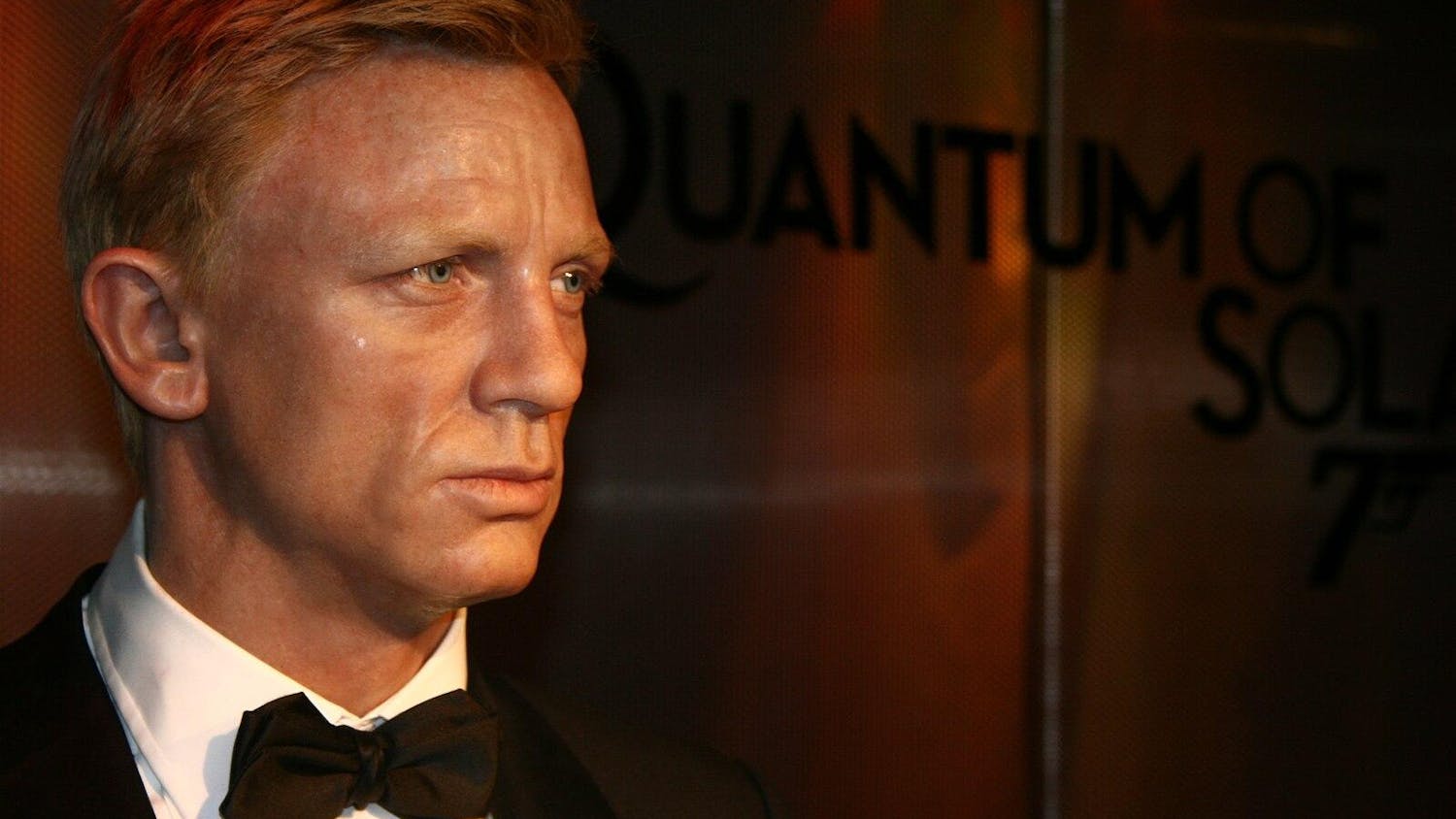This is the first installment in a four−part series investigating the current state of television comedy. Over the course of the week, the series will look at the half−hour comedy offerings on the four major broadcast networks. Today's installment focuses on those comedies airing on CBS, the most−watched television network in America.
Broadcast television runs on advertising revenue. TV networks charge higher ad rates for their more popular programs, since more people watching a particular show means more people watching the commercials during it.
More important than total viewers, though, is the adults 18−49 demographic. The rationale is that these relatively younger viewers are less likely to be set in their ways regarding brand loyalty. Advertisers are willing to pay more to reach those viewers because, to them, it is a better investment.
CBS, then, is an interesting network. While most of the other networks are developing programming skewed to the younger sector and dealing with declining viewership, CBS seems perfectly happy with broad−appeal shows, not necessarily targeted at the coveted advertiser demographic.
The strategy has turned out to be a pretty good one: Many of CBS's shows attract so many total viewers that, percentage−wise, the number of adults 18−49 is still well within the desirable range. In fact, the network is currently ranked second this season in the key demographic rating.
All of this is to say that, while the CBS comedies may not be the hippest or smartest or funniest, they are still some of the most popular and are extremely profitable for the network.
Much of that success is due to uber writer/producer Chuck Lorre, who co−created "Two and a Half Men" and "The Big Bang Theory" and also executive produces "Mike & Molly." All three are traditional multi−camera sitcoms, filmed in front of live audiences — an increasing rarity nowadays, when single−camera is in vogue — but while the laughter we hear is definitely real (not an artificial laugh track), I can't say I laugh along most of the time.
Lorre's jokes often come off as contemptuous, having the audience laugh at geeks ("Big Bang") and the overweight ("Mike & Molly"), rather than with them, and the show format means they go for the broadest humor they can in the hopes of packing in as many jokes as possible. All are solidly constructed and backed by mostly strong casts — Jon Cryer won an Emmy in 2009 for his work on "Two and a Half Men," as did Jim Parsons in 2010 for "Big Bang Theory" — but the jokes are so cheap most of the time that it's hard to understand the mass appeal.
"Two and a Half Men," the network's biggest hit, is also the biggest question mark. After Charlie Sheen's well−documented tribulations and rants against the show's producers, he was fired, and the network and studio have yet to announce their plans for the future of the series. There are rumors that CBS wants Sheen back, and "Men" is a big enough money maker that it's not out of the question, but until the network executives announce next season's schedule at their upfront in May (and maybe even afterward), nothing is certain.
"How I Met Your Mother" ("HIMYM") is CBS's best sitcom. At this point, the mystery surrounding the titular mother seems to be pushed to the background, but it has allowed for some strong character development, leading to some great acting from the whole ensemble and by Jason Segel in particular. Even Barney (Neil Patrick Harris), the relentless womanizer, has found more depth, in large part thanks to Harris and the writers taking what could be a one−joke character seriously.
As for the rest of the CBS comedy roster, "Mad Love" shows the most promise. It's one of several "group of young professionals at different stages in their relationships" comedies currently on the air, but it boasts a strong cast, including Sarah Chalke, Jason Biggs and Judy Greer, and if it didn't try so hard to be a "HIMYM" clone, it might be able to carve out a nice little niche for itself.
"Rules of Engagement" and "$#*! My Dad Says" (which ended its first season in February and has yet to be renewed for another season) are less promising. The former is now in its fifth season, a somewhat miraculous feat considering its generic nature. The latter has proven much less funny than the Twitter feed it was adapted from and shows that William Shatner acting crazy isn't enough to build an entire show around.
Bottom line: CBS's comedies are nothing special, but the network is the place to go for traditional multi−camera sitcoms. Obviously, millions of people like these shows, but that their format is the most distinguishing aspect of most of them doesn't speak too highly of their quality ("HIMYM" excepted).





